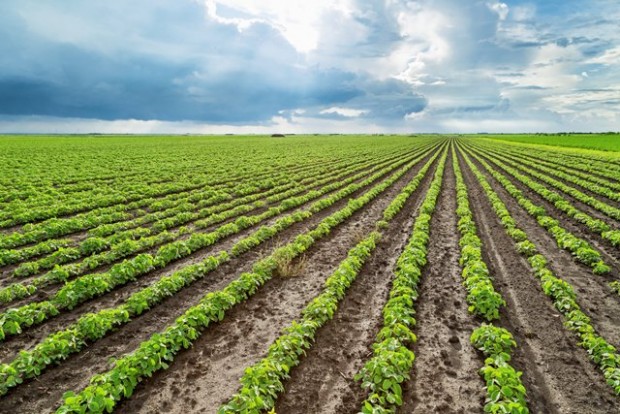Commission presents study on impact of future trade agreements on the agricultural sector
EU News 368/2016
Brussels, 15 November 2016
The European Commission today presented to EU agriculture ministers the conclusions of a study on the cumulative effects of 12 future trade agreements on the agri-food sector, including specific results for producer prices and production volumes for a range of products accounting for 30% of the value of the EU exports in the sector.
The study illustrates the potential for European agricultural products on the world market, while at the same time also showing the sensitivity of specific agricultural sectors. Detailed knowledge on the potential impacts will allow the Commission to make informed choices during the negotiation process.
Due to the limitations of the available methodologies, the range of agricultural products for which the study provides more detailed analysis is not exhaustive. Possible gains for important products having significant export potential - like fruit and vegetables, wine, olive oil and processed foods in general (accounting for 70% of EU agri-food export value) - could not be quantified in detail nor the gains of improved protection for Geographical Indications.
The assessment focuses solely on the effects produced by reciprocal liberalisation of import tariffs between the EU and the relevant trade partners, not taking into account other provisions with an economic impact (e.g. the reduction of non-tariff measures, in particular sanitary and phytosanitary measures). The impact of measures used by the EU to protect vulnerable sectors in trade deals, such as the systematic use of limited tariff rate quotas (TRQ) is also out of the scope of this assessment.
(…)
Significant gains are anticipated for the EU dairy and pig meat sectors, two sectors which have struggled in recent years and which are now showing signs of recovery. On the other hand, the study shows vulnerabilities for beef and rice, both in terms of trade effects and a decline in producer prices. The extent of the impact for these different products varies depending on whether one looks at the more "ambitious" (full liberalisation of 98.5% of all products, and a partial tariff cut of 50% for the remaining products) or more "conservative" (full liberalisation of 97%, and 25% tariff cut for the others) scenarios of the study.
Source and additional information:
http://europa.eu/rapid/press-release_IP-16-3672_en.htm?locale=en


Twitter: @EU_Commission URL













